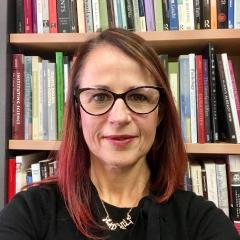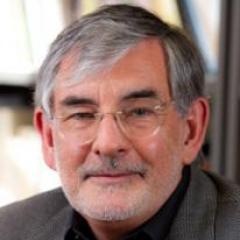QUEX Institute Accelerator Grant
Drawing on an established Exeter/Queensland collaboration in the Medical Humanities, the aim of this project is to develop multi-disciplinary approaches to address key social, cultural and biomedical issues regarding healthy ageing. Creating new forms of dialogue between scholars in the Humanities and Biomedical and Health Sciences has great potential to deliver improved understandings of healthy ageing. This is not only because the social and cultural contexts of health are particularly significant in our understanding of ageing, but also because ageing is itself a social process. Our very conceptualisation of what ageing is and what health challenges it poses are socially mediated. We seek to explore the changing and varied conceptions of ageing and the life course as a means of contextualising and enriching current medical and public health approaches.
Humanities approaches reveal that biomedical understandings of health and ageing are neither timeless nor universal and have always been shaped by shifting cultural and social contexts. This project will mobilise Humanities insights to reveal historically contingent entanglements between biomedical, cultural and social figurations of health and ageing. We will invite scholars to explore the different conceptualisations of ageing that underpin modern research and health provision. For example, we will interrogate the historically new deployment of statistical modes of analysis of large data (e.g. anthropometric and biometric technologies) in the context of healthy ageing and the impact this has on the treatment of individuals, for whom population-based knowledge is not necessarily pertinent. We will also examine how gender-specific figurations of sexuality that developed in sexual science and sexual medicine map onto understandings of the individual life course, and how the relationship between sexuality, health and ageing has changed from the nineteenth century to the present. More broadly, scholars involved in this project will investigate how models of ageing are often predicated on defining 'youth' as the norm, which confines our understanding of the ageing process as one of decline/deterioration rather than adjustment or reimagining.
Research team:
- Associate Professor Elizabeth Stephens (Institute for Advanced Studies in the Humanities, University of Queensland)
- Dr Jana Funke (Dept. of English and Film, University of Exeter)
- Professor Kate Fisher (Dept. of History, University of Exeter)
- Dr Karin Sellberg (School of Historical and Philosophical Inquiry, University of Queensland)
- Emeritus Professor Peter Cryle (Institute for Advanced Studies in the Humanities, University of Queensland)


